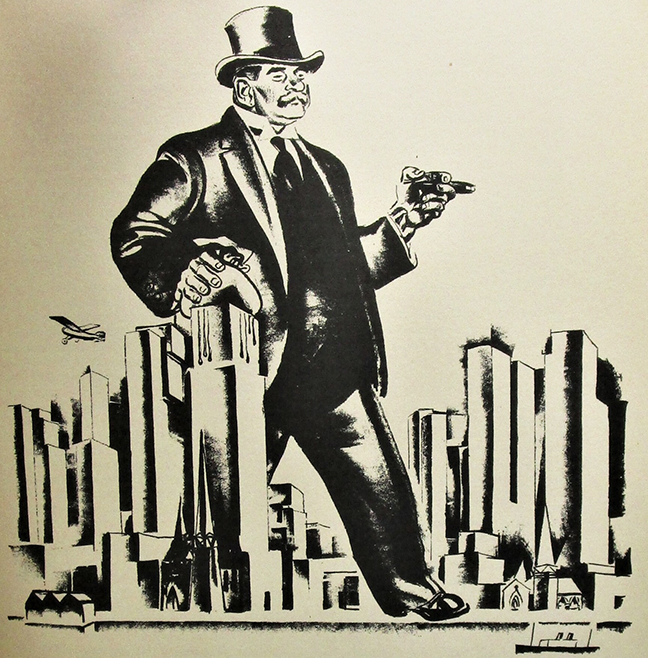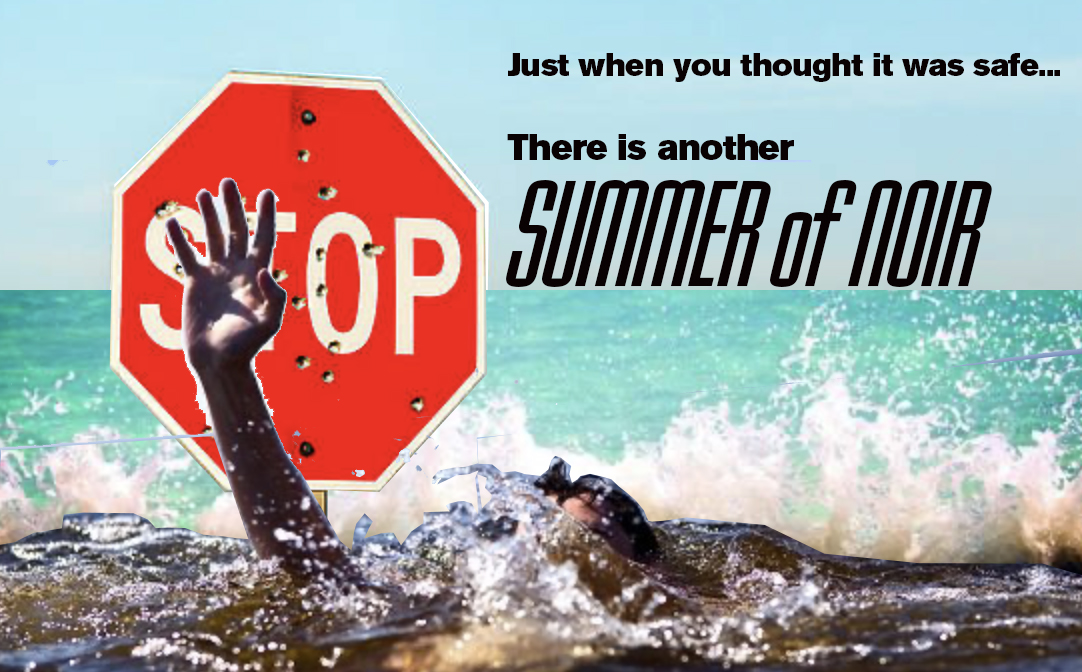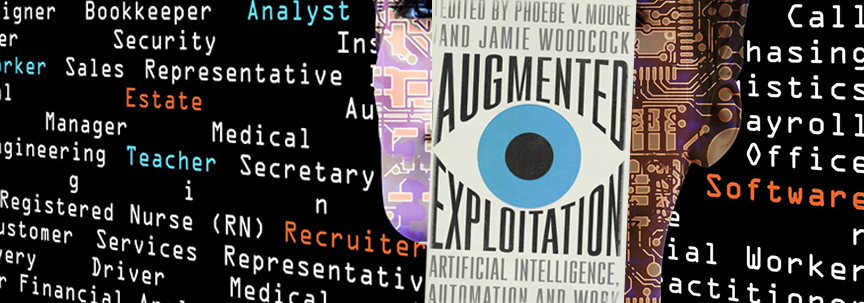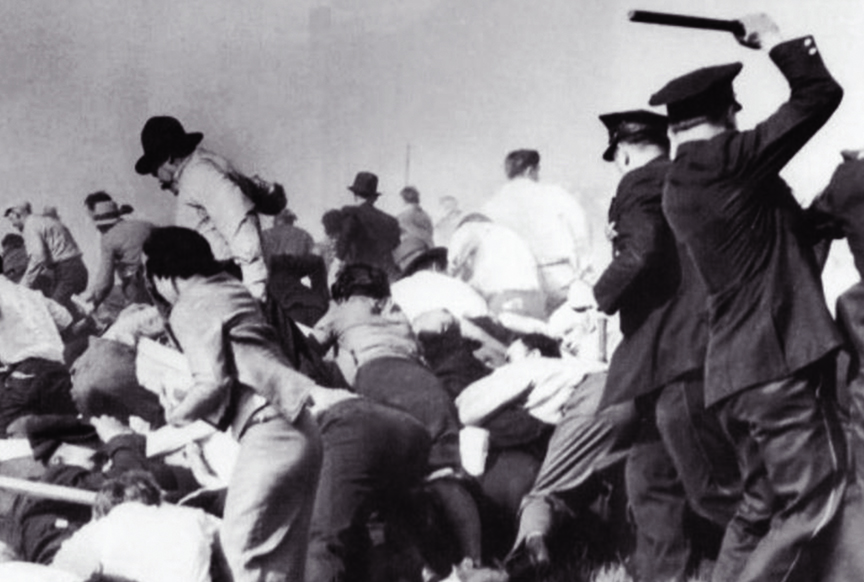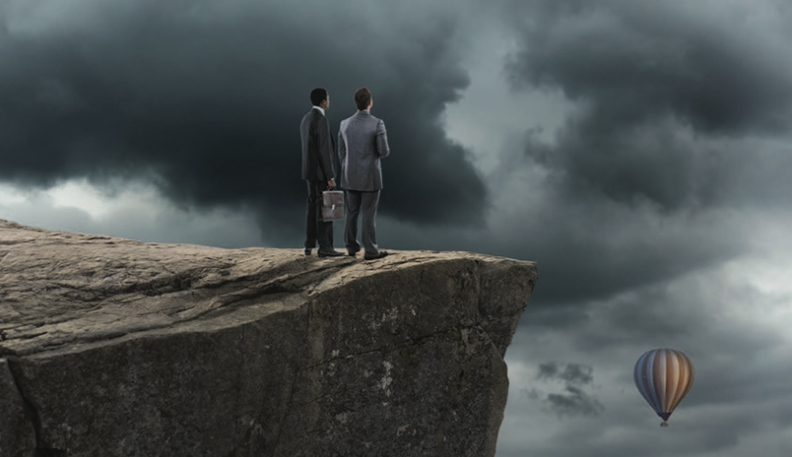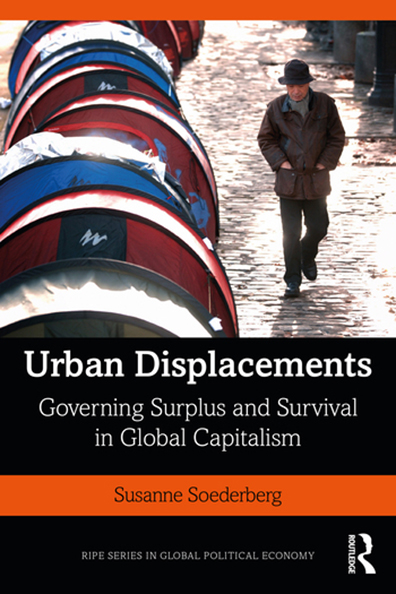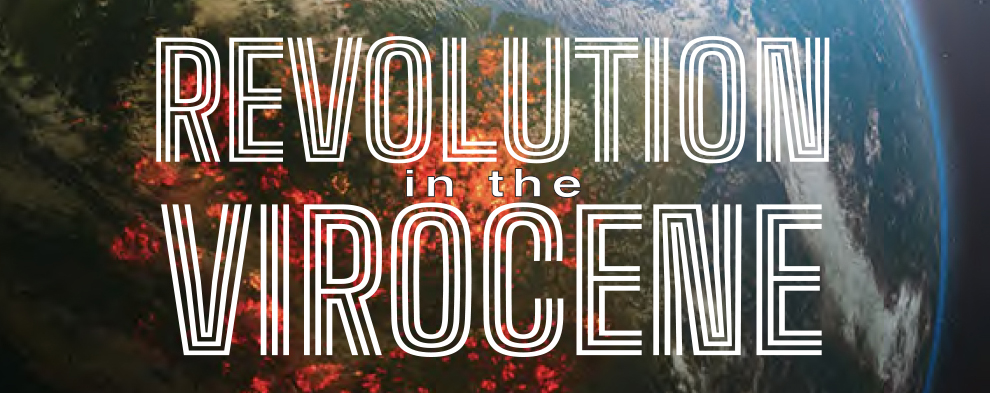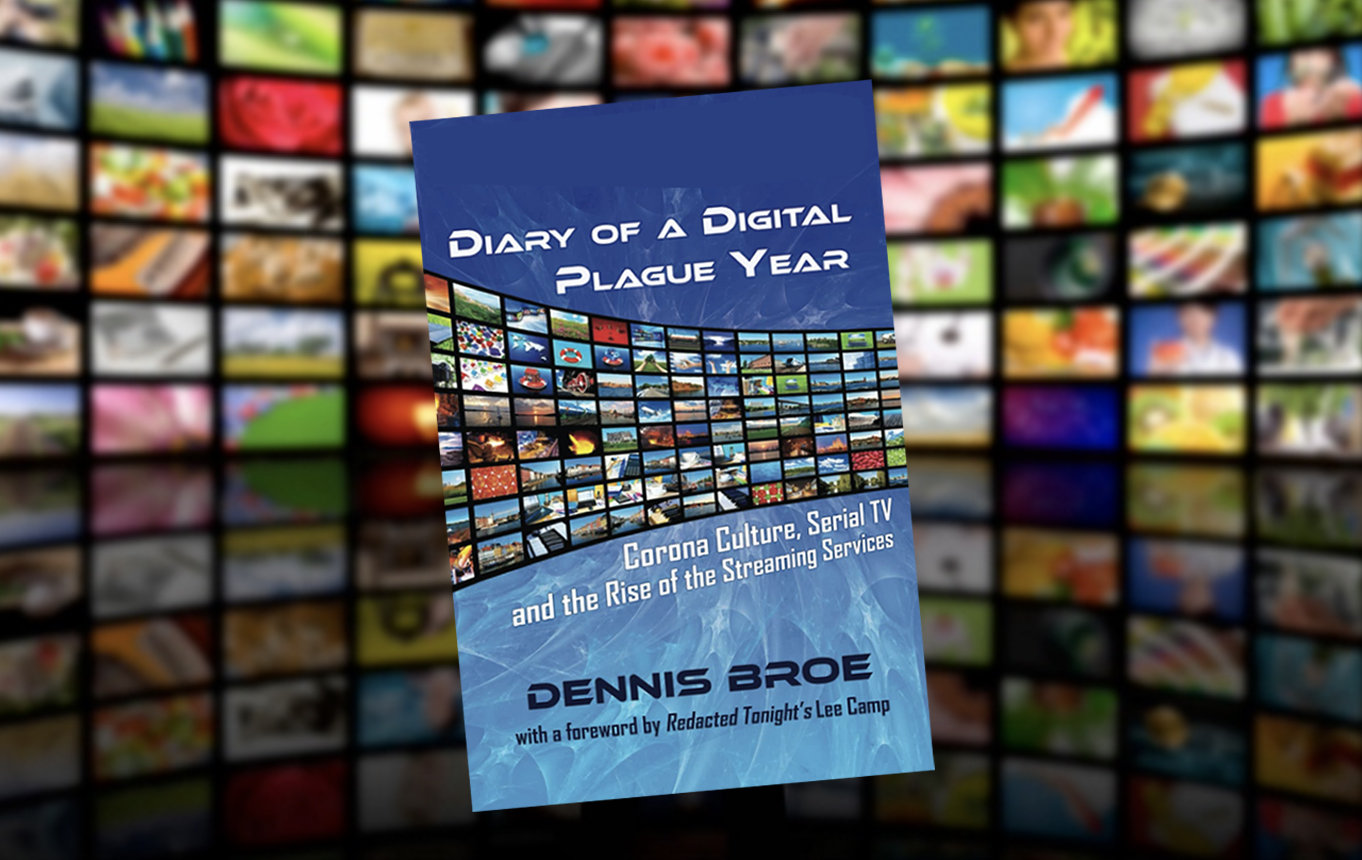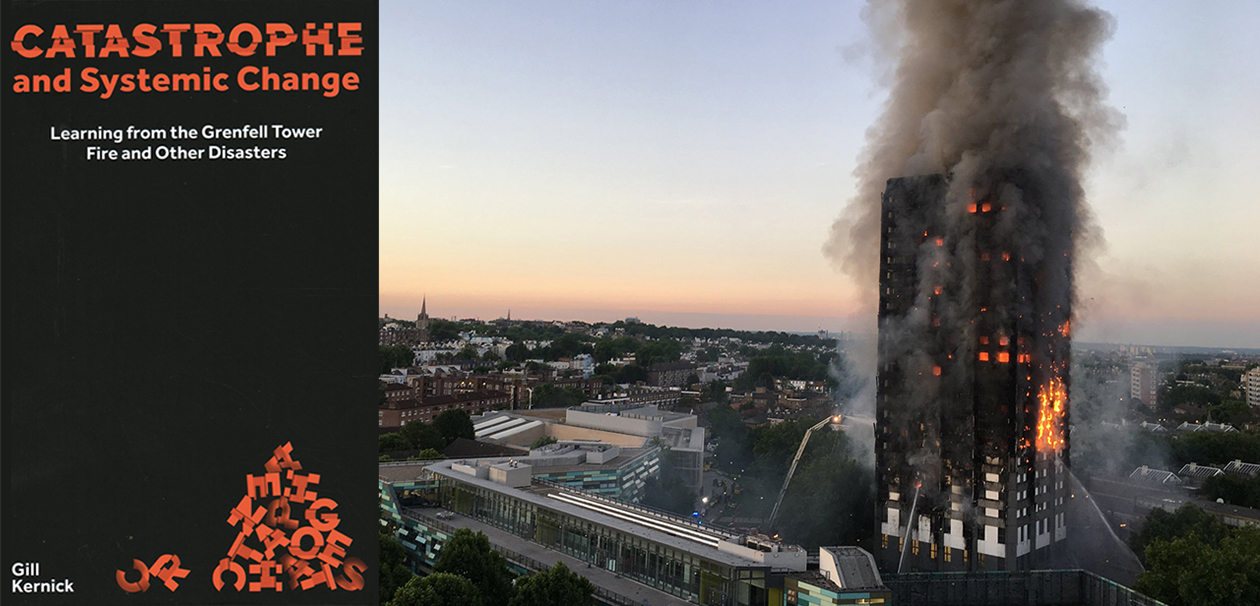Capital, V1, Part 2: The Transformation of Money Into Capital
Online: Zoom link will be provided to registered participantsWe will do a close reading of the chapters in Part Two of Volume I of Capital on “The Transformation of Money Into Capital”. In these chapters Marx introduces the fundamental concepts of capital,labor power, surplus value and the valorization process.
Capital, V1, Part 2: The Transformation of Money Into Capital
Online: Zoom link will be provided to registered participantsWe will do a close reading of the chapters in Part Two of Volume I of Capital on “The Transformation of Money Into Capital”. In these chapters Marx introduces the fundamental concepts of capital,labor power, surplus value and the valorization process.
Fifth Summer of Noir: Last session this week (Derek Raymond and Denise Mina)
Online: Zoom link will be provided to registered participantsFor the last four summers, the MEP Literature Studies Group has delved into a wealth of noir fiction. This year our six selections will take us deep into the underbelly of capitalism – good for reading at the beach, on the subway, a train, boat or plane, or in your favorite reading chair safely at home. Join in for the last two books.
Augmented Exploitation: Artificial Intelligence, Automation, Work and Changes in the Labor Process
Online: Zoom link will be provided to registered participantsIn the Introduction to Augmented Exploitation, co-editors Phoebe Moore and Jamie Woodcock point up two main problems with how automation and artificial intelligence are being discussed as the end of the first quarter of the 21st century draws near. Number one is the claim that Al is changing the labor process in new and unprecedented ways. But capitalists have always introduced machines in order to increase the amount of what each worker can produce in a given period of time. This is where the second problem comes in—either a certain process will be automated, or it will not—a binary that focuses on machines and not on the workers who operate them. Rather than the prospects of automation and interpretive learning replacing workers, we need rather to see that these are augmentations of the labor process. Also discussed will be two of the many vital essays from this year's Socialist Register—Beyond Digital Capitalism: New Ways of Living.
Fifth Summer of Noir: Last session this week (Derek Raymond and Denise Mina)
Online: Zoom link will be provided to registered participantsFor the last four summers, the MEP Literature Studies Group has delved into a wealth of noir fiction. This year our six selections will take us deep into the underbelly of capitalism – good for reading at the beach, on the subway, a train, boat or plane, or in your favorite reading chair safely at home. Join in for the last two books.
Fifth Summer of Noir: Last session this week (Derek Raymond and Denise Mina)
Online: Zoom link will be provided to registered participantsFor the last four summers, the MEP Literature Studies Group has delved into a wealth of noir fiction. This year our six selections will take us deep into the underbelly of capitalism – good for reading at the beach, on the subway, a train, boat or plane, or in your favorite reading chair safely at home. Join in for the last two books.
Fifth Summer of Noir: Last session this week (Derek Raymond and Denise Mina)
Online: Zoom link will be provided to registered participantsFor the last four summers, the MEP Literature Studies Group has delved into a wealth of noir fiction. This year our six selections will take us deep into the underbelly of capitalism – good for reading at the beach, on the subway, a train, boat or plane, or in your favorite reading chair safely at home. Join in for the last two books.
Political Economy of Labor Repression in the United States
Online: Zoom link will be provided to registered participantsAndrew Kolin presents a detailed explanation of the essential elements that characterize capital’s relations to the working class and how capital relies on various forms of repressing reform and revolutionary movements by workers. The repression is directly linked to the class struggle between capital and labor. The starting point examines labor repression after the American Revolution. Andrew’s book then follows the role of the state along with the explosive growth of American capitalism to analyze the long history of capital and labor conflict with details of the US state being aligned with the interests of capital throughout American history.
Looking Over the Abyss with Steven Colatrella and Michael Meeropol
Online: Zoom link will be provided to registered participantsEurope and subsequently the United States rose to power and wealth along with the rise of capitalism. But capitalism has now shifted its attention to Asia, even as the conditions of ordinary workers in Europe and North America decline, and the political influence of the West wanes. Looking Over the Abyss argues that only by breaking decisively with capitalism, and aligning themselves with the majority of the world’s people against exploitation, can the peoples of Europe and the United States save their societies.
Urban Displacements and Contemporary Capitalism
Online: Zoom link will be provided to registered participantsSusanne Soederberg argues that historical and geographical configurations of monetized governance, including landlords, employers and inter-scalar state practices, have served to reproduce urban displacements and obfuscate their gendered, class and racialized underpinnings. The outcome is the everyday facilitation and normalization of urban poverty and social marginalization on one side, and capital accumulation on the other.
Revolution in the Virocene: Near (or Nearing) the End of Time
Online: Zoom link will be provided to registered participantsIn an instant, the mantra of there is no alternative has been replaced by whatever happens, nothing will ever be the same. The ideology that says radical transformation is unrealistic has been irrevocably discredited. The bonds and rituals of everyday life have been loosened, fragmented and disjointed. What seemed inevitable and iron clad now feels flimsy as nation states globally scramble to find solutions that don’t exist. This opens up a space for thinking, and for politics. This new situation underscores a critical need for both practical intervention and an attempt at building a convergent philosophy that anticipates the praxis of the future.
Diary of a Digital Plague Year with Dennis Broe
Online: Zoom link will be provided to registered participantsDENNIS BROE, author of Birth of the Binge: Serial TV and The End of Leisure, will be talking about his new book Diary of a Digital Plague Year: Corona Culture, Serial TV and The Rise of The Streaming Services. The book offers a blow-by-blow account of the ongoing confinement, charting the changes in our lives exacerbated by the coronavirus. Corona culture is a digital culture extraordinaire for some, while for others it has increased panic and terror about being at work.
Catastrophe and Systemic Change: Learning from the Grenfell Tower Fire and Other Disasters
Online: Zoom link will be provided to registered participantsAuthor Gill Kernick will present her powerful analysis of the Grenfell disaster and its aftermath. The recent fire of a tower block is a sharp reminder that many residential structures will fail—witness the Miami collapse and the recent apartment collapses In Milano, Italy.
Capital, Volume II: The Process of Circulation of Capital
Online: Zoom link will be provided to registered participantsWe will begin our study of Volume II study by situating this volume in relation to the historical process of development of capitalist society which is premised on its specific social form of societal re-production, the production of capital. To do so we will study the closing sections of the Penguin edition of Volume I, specifically, Part VIII: "So-called Primitive Accumulation" and the “Appendix: Results of the Immediate Process of Production”.
Join us as we journey through this movement from the imaginary concrete to the abstract concrete to the real concrete. Come and challenge your way of thinking and understanding the world as it appears to you and begin to identify some of what needs to be overcome and done to bring about a better world.
The Bisbee Deportation / The Battle of Blair Mountain
Online: Zoom link will be provided to registered participants• On July 12, 1917, in the mining town of Bisbee Arizona, twelve hundred striking miners and their supporters were rounded up by forces organized by the town sheriff and the mining companies, marched through the town, parked in the town's baseball field, and then put in boxcars and shipped into the New Mexican desert.
• When the smoke cleared on the Battle of Blair Mountain, an estimated 1 million rounds were fired, dozens were killed, and 985 miners were arrested. The uprising was suppressed, but public awareness about the appalling conditions in which the miners were forced to live, work, and raise their families grew considerably.

